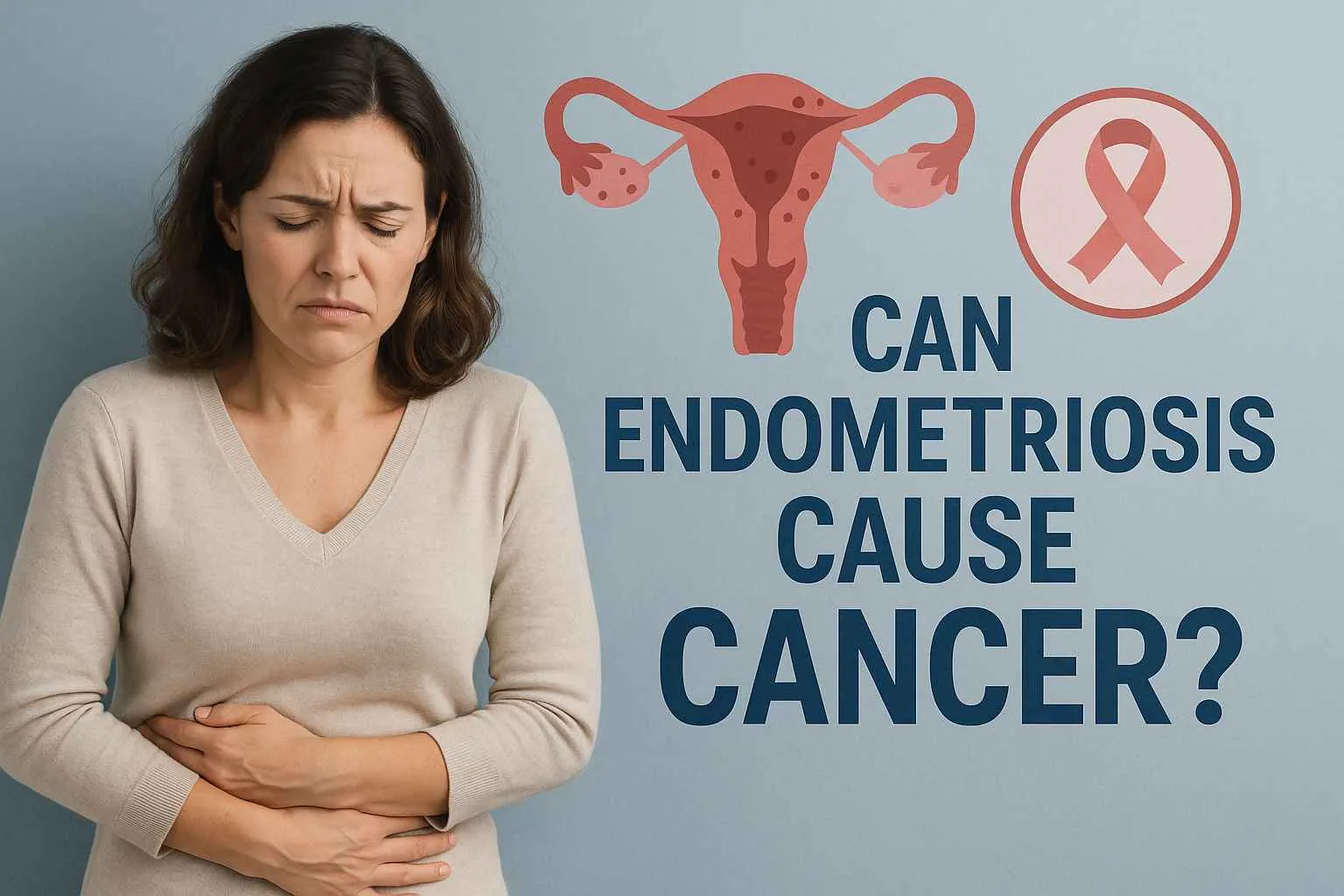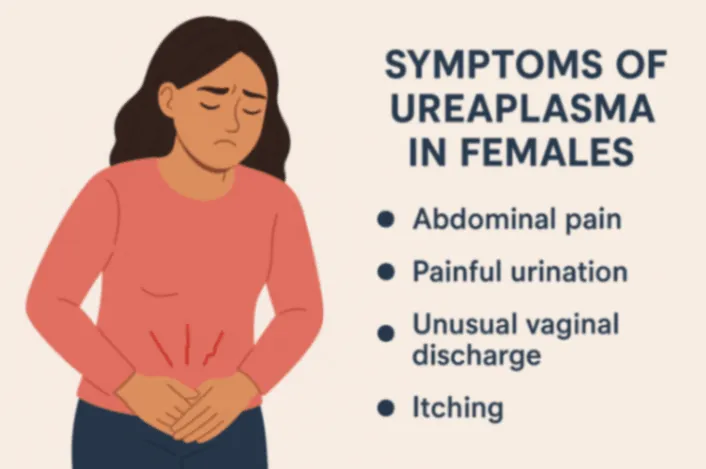When you're trying to conceive, every hour feels like a week. One of the biggest questions women ask during the dreaded two-week wait is, “How long after implantation does hCG rise?” That one line on a test can bring a wave of joy or disappointment. But what really happens behind the scenes?
Does hCG rise instantly after implantation? Is there a secret window to test? The internet is full of myths and guesses. So let’s cut through the fluff and get to the real science.
We’ll break it down step-by-step.
Quick Answer: How Soon After Implantation Does hCG Rise?
After implantation, hCG typically begins rising within 1–2 days, but it may take 3–5 more days before it reaches levels detectable by most home pregnancy tests.
Best time to test? Around 14 DPO (days past ovulation) or the first day after your missed period for the most reliable result.
What is hCG and Why It Matters in Pregnancy?
hCG stands for human chorionic gonadotropin. It’s a hormone. Your body only makes it during pregnancy. It’s not just a pregnancy signal, though. It has a job to do.
Why is hCG important? When an egg is fertilized and becomes an embryo, the body kicks into action. hCG tells the corpus luteum (a small structure in your ovary) to keep making progesterone. That hormone makes your uterus lining thick and healthy, a place where an embryo can stay and grow.
There are two ways to measure hCG:
|
Feature |
Blood Test |
Urine Test |
|
Where it's done |
Done at a lab or clinic |
Done at home |
|
Type of result |
Measures exact hCG levels (quantitative) |
Just shows yes or no (qualitative) |
|
Positive if hCG level is |
Above 25 mIU/mL |
Above 20 mIU/mL |
If your levels are too low or don’t rise fast enough, the pregnancy may not be developing right. But slow doesn’t always mean bad, it’s the trend that matters.
In short:
-
hCG keeps early pregnancy going.
-
It tells your body, “Hey, we’re pregnant. Let’s support this.”
-
It can be checked in blood or urine.
-
Blood tests are more accurate.
When Does Implantation Happen & What Comes Next?
Now let’s zoom in on the process before hCG really takes off.
-
Ovulation happens in the middle of your cycle.
-
The egg waits in the fallopian tube for sperm, only for about 24 hours.
-
If fertilization happens, you’ve got a zygote.
-
That zygote divides fast and moves toward the uterus.
-
Around day 5-6, it becomes a blastocyst.
-
By day 6-10 after ovulation, it implants into the uterus.
And here’s something many don’t know, hCG starts getting made even before implantation.
Yes, before. Around the 3-4 day mark after fertilization, the tiny embryo is already making tiny amounts of hCG. Not enough to show up on a test, but enough to prep the uterus lining.
Early hCG triggers a process called decidualization — a fancy term for prepping the uterus lining into a soft, nourishing bed for the embryo.
Quick recap:
-
hCG appears early, even before the embryo burrows in.
-
Implantation starts around 6 to 10 DPO (days past ovulation).
-
Decidualization happens to support implantation.
Remember, if implantation doesn’t happen, that embryo won’t grow. And hCG won’t rise enough to matter.
How Quickly Does hCG Rise After Implantation?
So, how long after implantation does hCG rise enough to test?
Here’s the truth: hCG levels start to double every 48 hours once implantation is done.
Here’s a clearer breakdown:
Average Rise Timeline:
-
1 day after implantation: hCG goes up by ~50%
-
2 days after: ~124% increase
-
4 days after: up to 400%
Let’s say implantation happens at 8 DPO:
-
At 8 DPO, hCG might be about 1 mIU/mL
-
At 10 DPO: around 2–3 mIU/mL
-
At 12 DPO: closer to 8–12 mIU/mL
That’s still too low for most home tests, which usually detect 20+ mIU/mL.
The sweet spot? Around 14 DPO, that’s when the average woman can get a clear line on a home test.
But keep in mind:
-
Everyone’s body is different.
-
Some embryos implant earlier, some later.
-
Some women make more hCG, others less.
But it’s the pace that matters.
Your hCG should go up at least 66% every 48 hours for a healthy pregnancy.
Blood vs. Urine Tests: When Will They Show a Positive?
Here’s a breakdown of both types of tests and what you can expect.
|
Feature |
Blood Test |
Urine Test |
|
Sensitivity |
Very high |
Lower |
|
Detection window |
6-8 DPO |
10-14 DPO |
|
Accuracy |
Exact hCG amount |
Positive or negative |
|
Where |
Doctor's office |
At home |
|
Time to result |
Hours |
Minutes |
Why does this matter?
Let’s say you test too early. You get a negative test, even though you’re actually pregnant. That’s called a false negative. This can be crushing if you’ve been trying for months.
Best practice?
-
Wait until the first day after your missed period.
-
That’s usually 14-15 DPO.
-
Earlier than that, and even if you're pregnant, the test may not show it.
Don’t waste time, money, or hope testing too soon. If you're testing at 9-10 DPO, the average hCG is still just 0.93 mIU/mL. Most tests won’t pick that up.
Related Read: Can Twins Cause False Negative Pregnancy Test
What Are Normal hCG Levels in Early Pregnancy?
Every woman is different. There’s no perfect number. But there’s a wide range of what’s considered “normal.”
Here’s a basic chart:
|
Week |
Blood hCG (mIU/mL) |
|
3 weeks |
5 – 72 |
|
4 weeks |
10 – 708 |
|
5 weeks |
217 – 8,245 |
|
6 weeks |
152 – 32,177 |
|
7 weeks |
4,059 – 153,767 |
|
8 weeks |
31,366 – 149,094 |
|
9 weeks |
59,109 – 135,901 |
|
10 weeks |
44,186 – 170,409 |
If your number doesn’t match the chart exactly, don’t panic. What matters most is the rate of increase, not the specific number. You might be 6 weeks along and have 1,000 mIU/mL. Someone else might have 15,000 mIU/mL at the same point. Both can be totally fine.
What’s more important is this:
-
Your numbers should double every 48 hours.
-
Even if you’re starting low, the trend upward is what matters.
Don’t compare. Track.
What If hCG Is Too Low or Too High? When to Be Concerned
Sometimes hCG levels don’t rise the way they should. That doesn’t always mean something is wrong, but it might.
Signs of concern:
-
Levels rise less than 66% every 48 hours
-
hCG falls instead of rising
-
No heartbeat seen on ultrasound after 6.5 weeks
Possible reasons for low hCG:
-
Miscalculated due date (you're not as far along)
-
Ectopic pregnancy (implantation outside the uterus)
-
Miscarriage
-
Anembryonic pregnancy (empty sac)
Possible causes of high hCG:
-
Twins or triplets
-
Molar pregnancy (rare)
Always talk to a doctor. One test isn’t enough, they’ll need to repeat it after 48 hours to see the trend.
Final Thoughts
The road from fertilization to implantation to a positive test is full of small, invisible changes. hCG doesn't just appear overnight. It climbs slowly, almost like a whisper turning into a shout.
Knowing when and how long after implantation hCG rises can ease the stress of waiting. Track your days. Test with patience. Let your body speak in its time, not the test’s. And always, always trust the numbers that tell a clear story: it’s the rise, not the start, that matters.
Frequently Asked Questions
How long after implantation does hCG rise enough to show on a test?
It usually takes 2-3 days after implantation for hCG to reach testable levels in urine. That’s around 12-14 DPO for most.
Can hCG rise before implantation?
Yes. Low levels begin around day 3-4 post-fertilization. But these early levels aren't strong enough to be picked up by tests.
What if my test is negative but I feel pregnant?
You might have tested too early. Try again in 2 days. If still negative and no period, see your doctor.
Do higher hCG levels mean twins?
Maybe. Higher-than-normal levels could mean multiples, but only an ultrasound can confirm.
Does a slow rise always mean miscarriage?
No. Some healthy pregnancies start with slower rises. It’s the pattern across several days that counts.
Reviewed by







